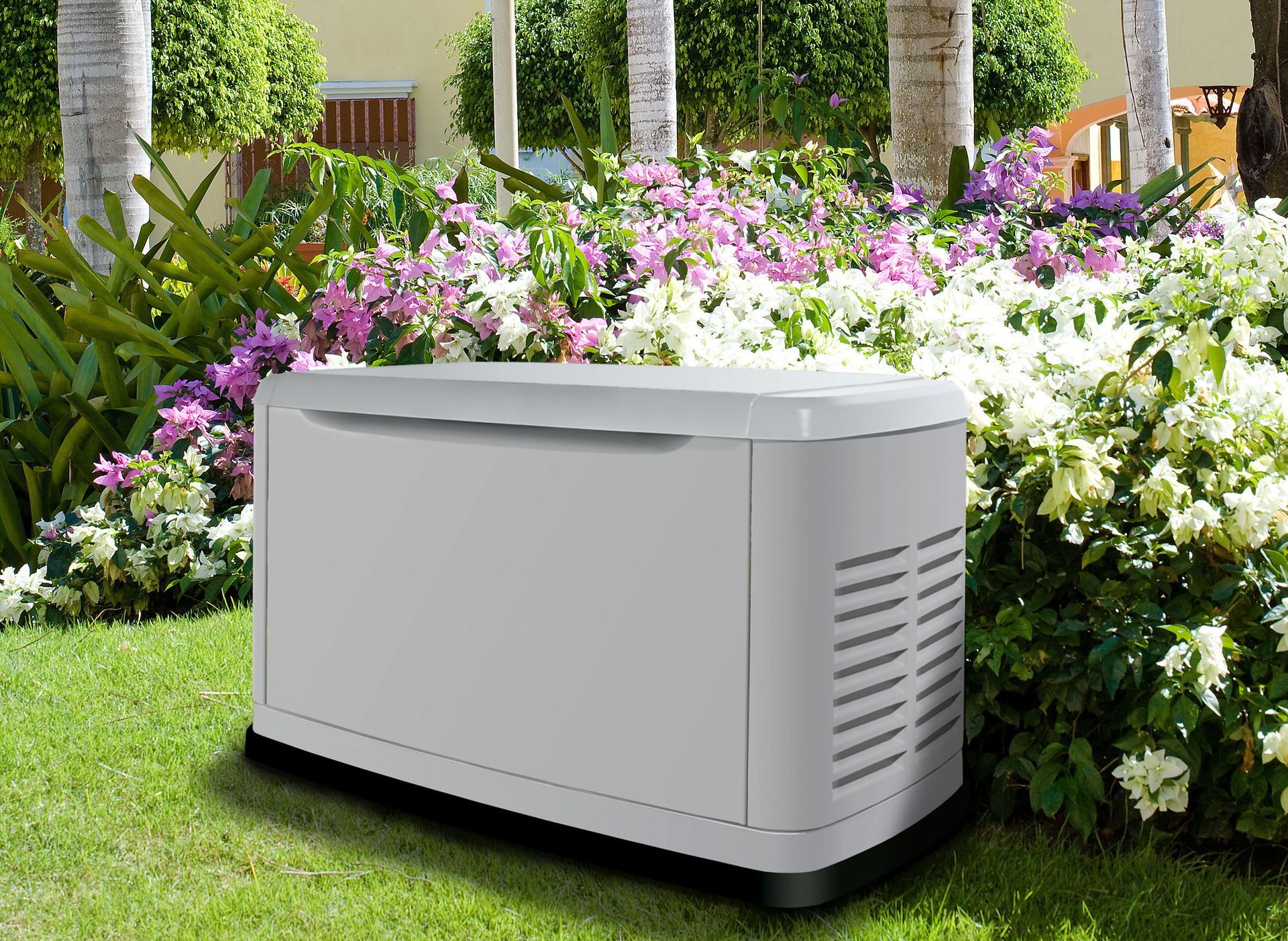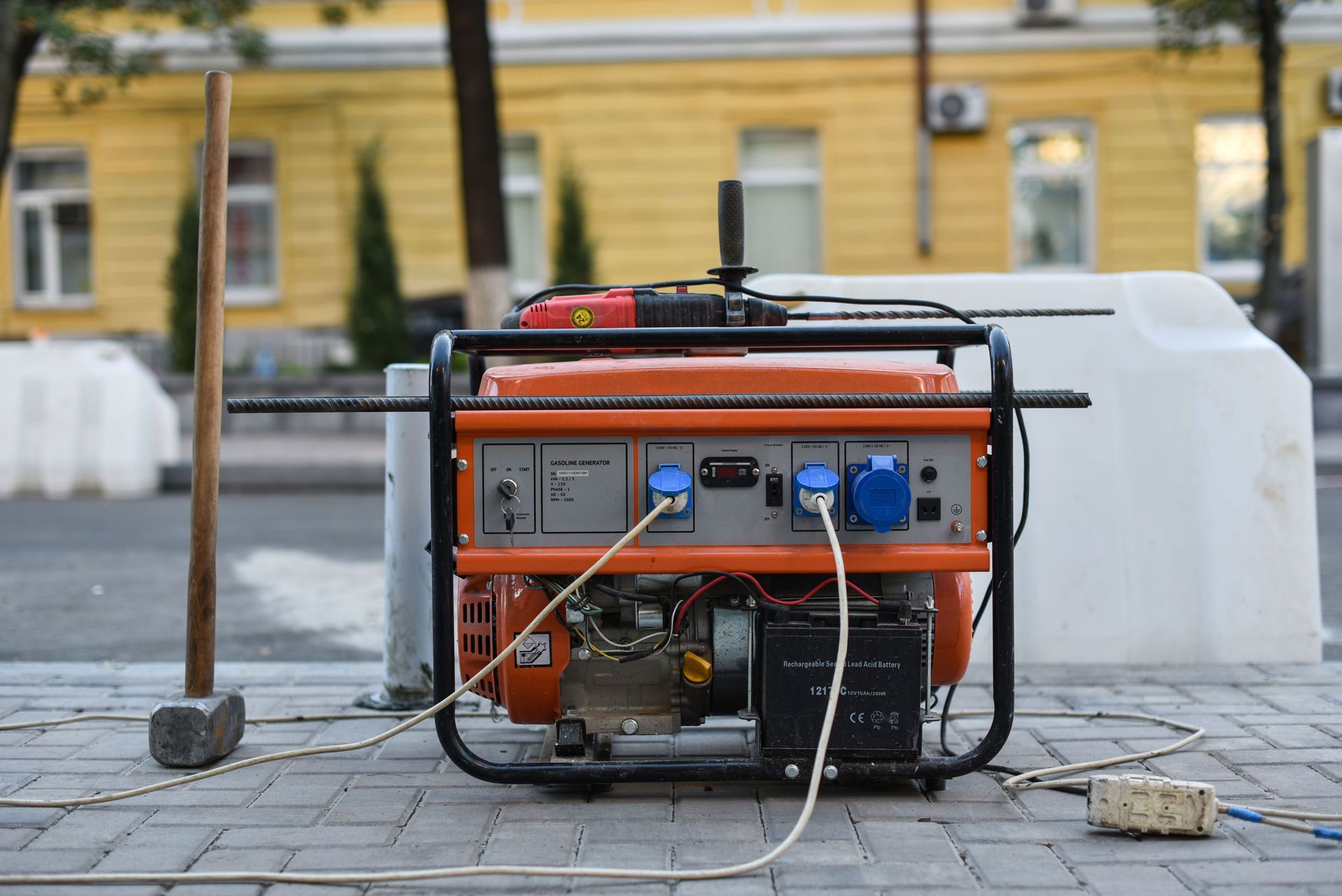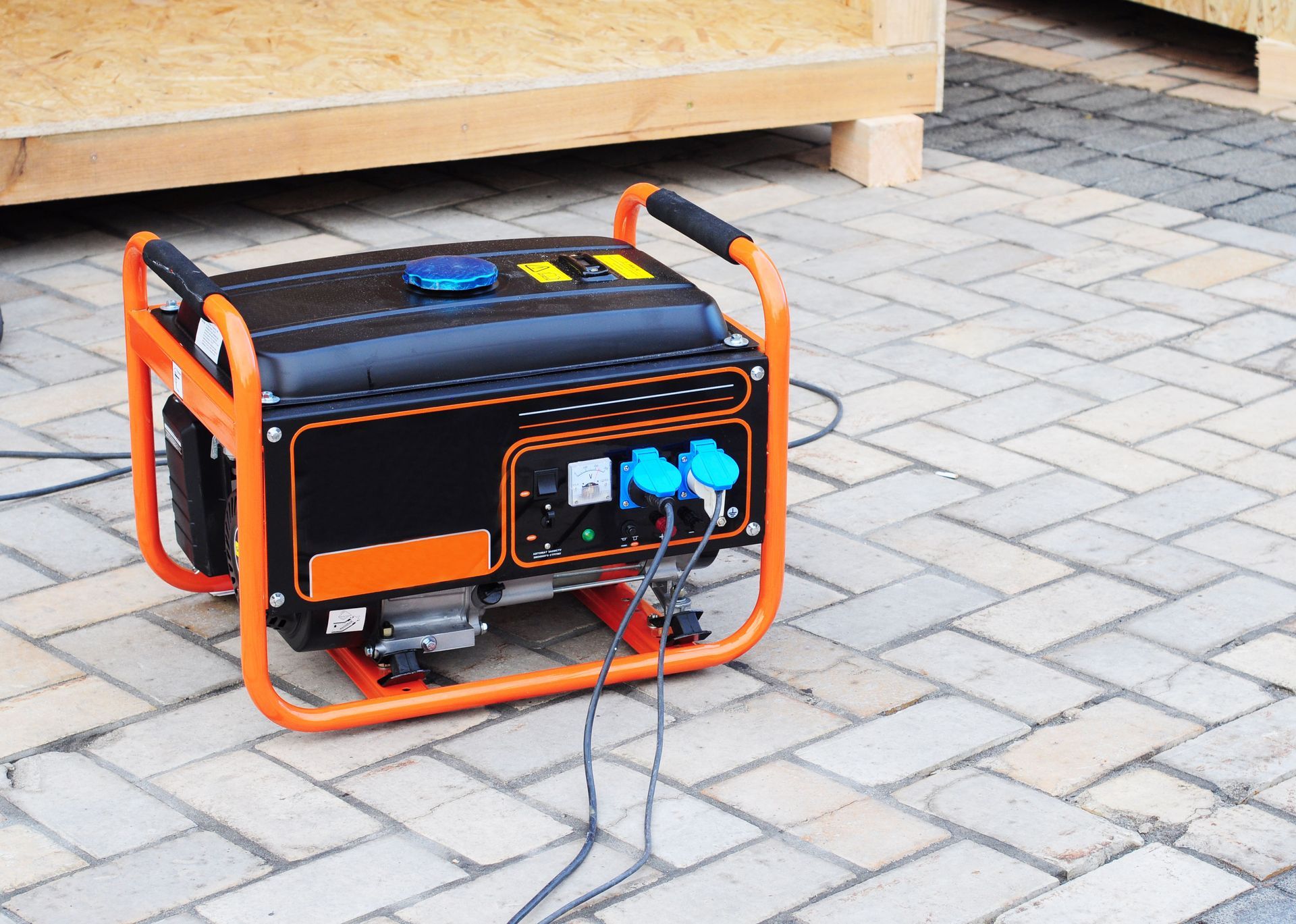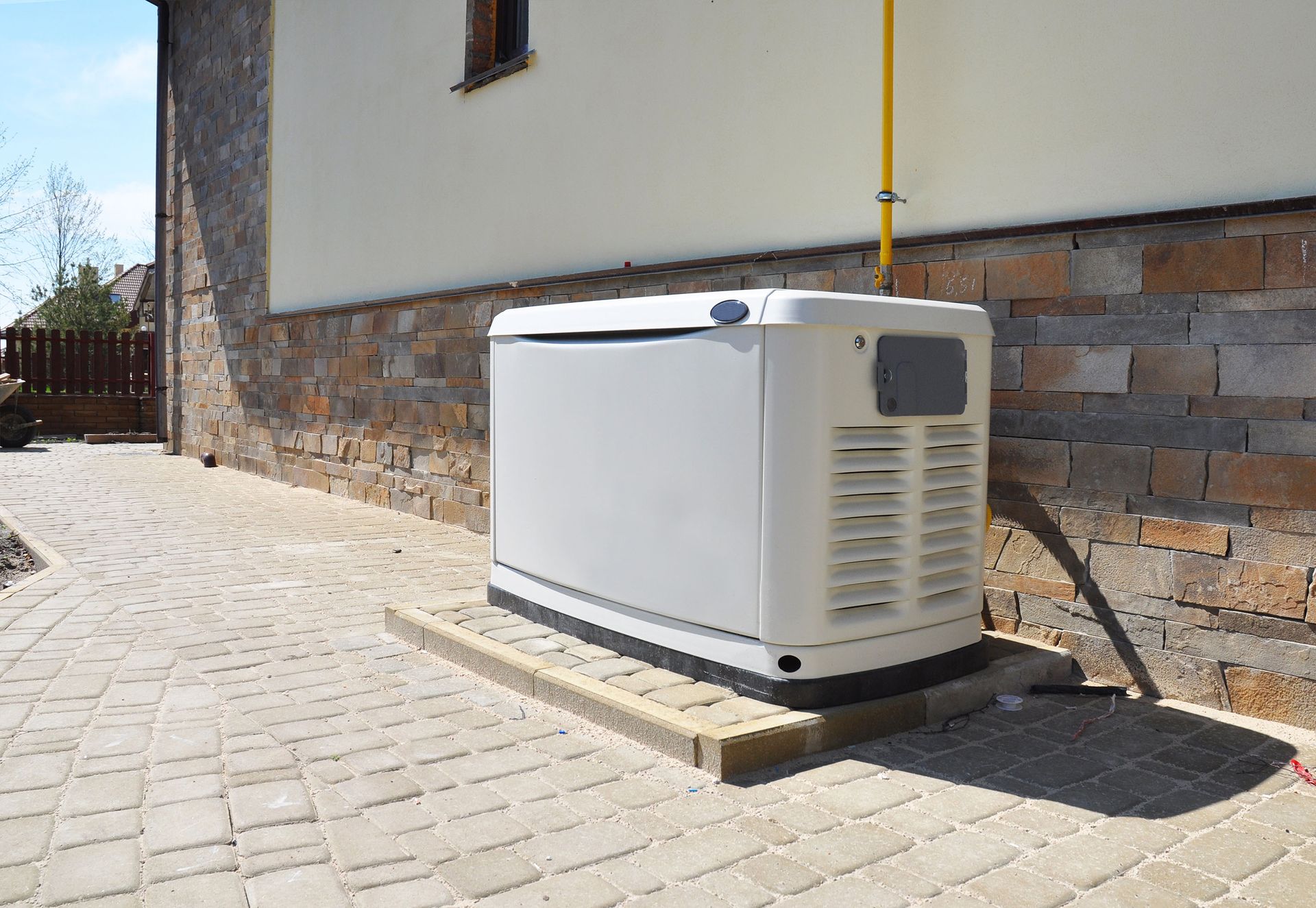Things to Consider to Ensure a Successful Generator Installation
Installing a backup generator can be a significant investment, yet a crucial one for both peace of mind and safety during unforeseen power outages. With frequent natural disasters and rising energy demands, backup generators have become a staple for many households. This guide outlines the key requirements for successfully installing a generator at your home and ensuring it operates efficiently when needed most.
Determine Your Home’s Power Needs
First, consider the power requirements of your home. Calculating the total wattage needed for essential appliances—such as refrigerators, heating systems, lighting, and electronic devices—is a critical step in selecting the right generator. Knowing your power needs helps prevent choosing an undersized unit that may fail during peak demand or an oversized system that unnecessarily strains your budget.
Choose an Appropriate Installation Location
Next, decide on a suitable location for the generator. It should be installed in a stable, flood-free area that complies with local zoning laws and the manufacturer’s guidelines. Poor placement can lead to inefficient operation, higher maintenance costs, or serious safety risks due to insufficient ventilation. According to Transparency Market Research, the U.S. residential generator market is projected to reach $10.1 billion by 2034, driven by increased demand for backup power solutions. This rapid growth reflects a rising awareness among homeowners about the importance of strategic generator placement for both safety and effectiveness.
Ensure a Safe Electrical Connection
Finally, it’s essential to connect the generator safely to your home’s electrical system. This typically involves a professional electric panel install and the use of a transfer switch. The transfer switch prevents dangerous back feeding into the utility grid and ensures power is directed safely to essential circuits. A qualified technician should always perform the electric panel install to guarantee compliance with local codes and to maximize long-term system reliability.
Installing a generator is a smart investment in your home’s safety and comfort. By accurately assessing your power requirements, selecting the right location, and ensuring a safe electric panel install, you set the foundation for reliable backup power. As demand for these systems continues to grow, understanding these essential requirements will help you make the best choice for your home.
Ready to protect your home with a backup generator? Contact Greentech Service today to begin your electric panel installation and ensure you're prepared for any outage.





Share On: